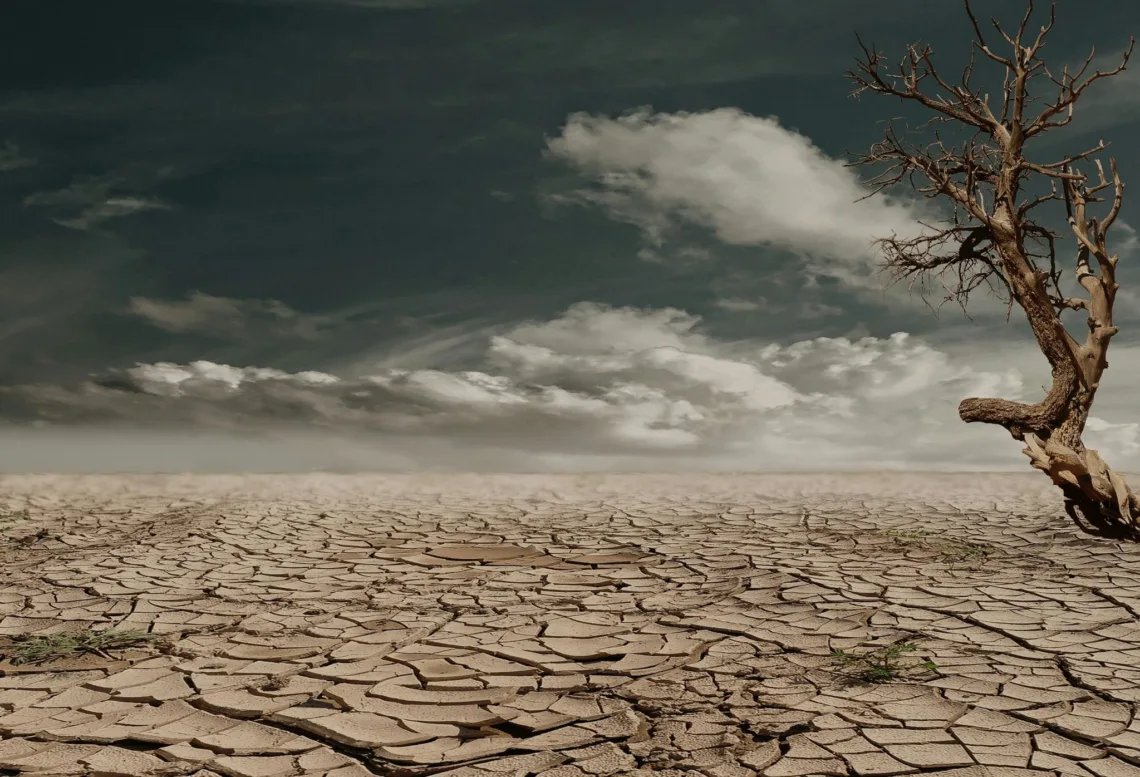A third of the world’s population will live in “dangerously warm conditions” by 2080 if the world continues on its current course, a new study claims.
Entire countries in West Africa and the Persian Gulf will end up in the “extreme heat zone”, it is claimed.
The global average temperature is set to rise by 2.7 degrees over the last two decades of this century, according to researchers from Exeter University’s Global Systems Institute.
They define “dangerously hot areas”, or areas that fall outside the “human niche”, as areas with an average annual temperature of over 29 degrees, writes Bloomberg.
“The lifetime emissions of 3.5 average global citizens today expose one future person to extreme heat by the end of the century”, write the researchers in the study Quantifying the Human Cost of Global Warming.
The higher temperatures will lead to more heat-related deaths, reduce productivity and result in lower yields, increased migration and the spread of infectious diseases, the researchers want us to believe.
The landmasses of Burkina Faso, Mali, Qatar, Aruba and the United Arab Emirates (UAE) will almost entirely fall outside the “human niche”, according to the study.
In terms of the absolute number of people affected, India, Nigeria and Indonesia will be the hardest hit, with 600 million, 300 million and 100 million inhabitants respectively who will no longer be able to live in their immediate areas during this century, it is claimed.
The ability of the countries and their citizens to withstand “extreme heat” will largely depend on their prosperity.
It depends on what resources you have to protect yourself in such a climate, and it depends on how wealthy you are, said Professor Timothy Lenton, director of the Global Systems Institute, in an interview.
The United Arab Emirates and Qatar are among the world’s richest countries per capita, while Burkina Faso and Mali are among the poorest.
If the world reduces greenhouse gas emissions enough to limit global warming to 1.5 degrees, it will reduce the number of people affected by dangerous heat to 90 million in India, 40 million in Nigeria and five million in Indonesia, the climate scientists reassure.

